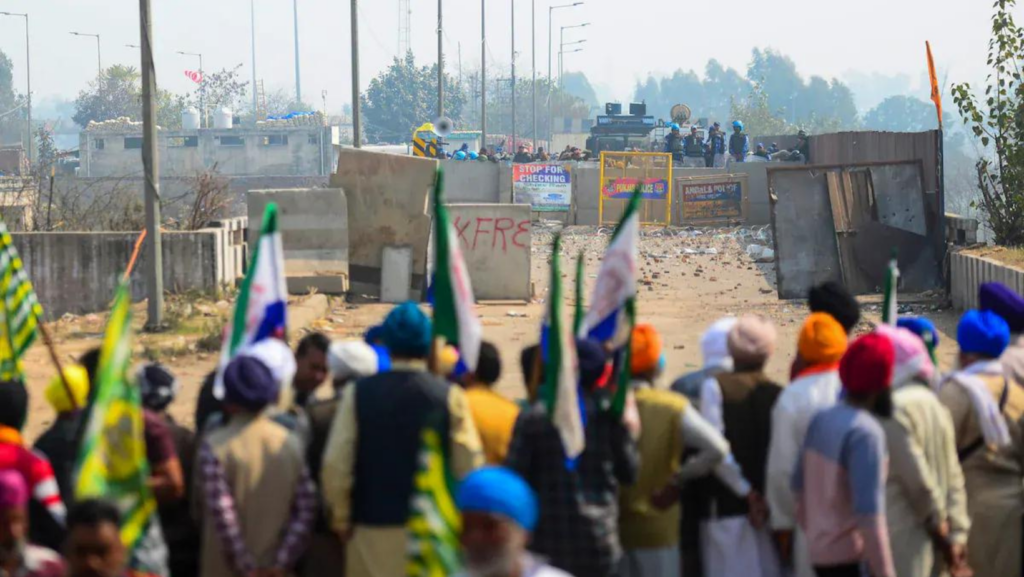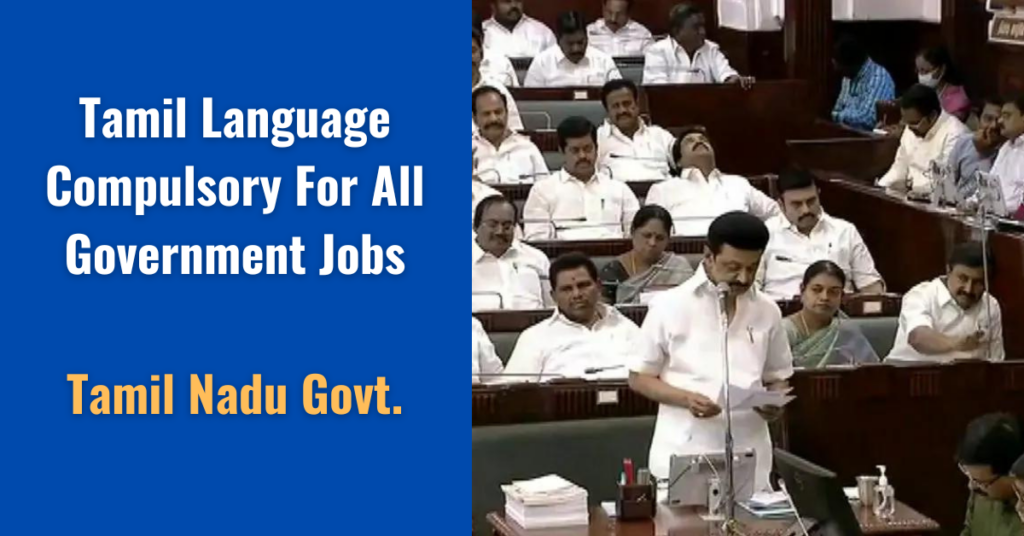MSP stands for Minimum Support Price. It is a price set by the government to ensure that farmers receive a fair and remunerative price for their crops. The MSP serves as a floor price and is aimed at protecting farmers from market fluctuations and ensuring them a guaranteed income for their produce.
The protests by Punjab farmers in India, particularly against the three new farm laws passed in 2020, have several dimensions, and the MSP is one of the key issues. Farmers in Punjab, known as the “Granary of India” for its significant agricultural production, are concerned that the new laws could undermine the MSP system and leave them vulnerable to exploitation by corporations.
The three contentious farm laws are:
Farmers’ Produce Trade and Commerce (Promotion and Facilitation) Act: Allows farmers to sell their produce outside the Agricultural Produce Market Committee (APMC) Mandis (regulated markets) to private buyers.
Farmers (Empowerment and Protection) Agreement on Price Assurance and Farm Services Act: Permits contract farming agreements between farmers and private buyers, allowing farmers to enter into contracts to sell their produce at pre-determined prices.
Essential Commodities (Amendment) Act: Removes certain commodities like cereals, pulses, oilseeds, edible oils, onions, and potatoes from the list of essential commodities, effectively deregulating them.
Farmers, particularly in Punjab, fear that these laws, especially the first two, could lead to the dismantling of the MSP system and result in a situation where they are forced to sell their produce at lower prices to private players. The protesters argue that the MSP is a crucial safety net that ensures a minimum income for farmers, and any threat to it could harm their livelihoods.
The protests have been ongoing, with farmers demanding the repeal of the laws and legal assurance for the continuation of MSP. The issue has sparked a nationwide debate on agricultural reforms, farmers’ rights, and the role of the government in shaping agricultural policies.







